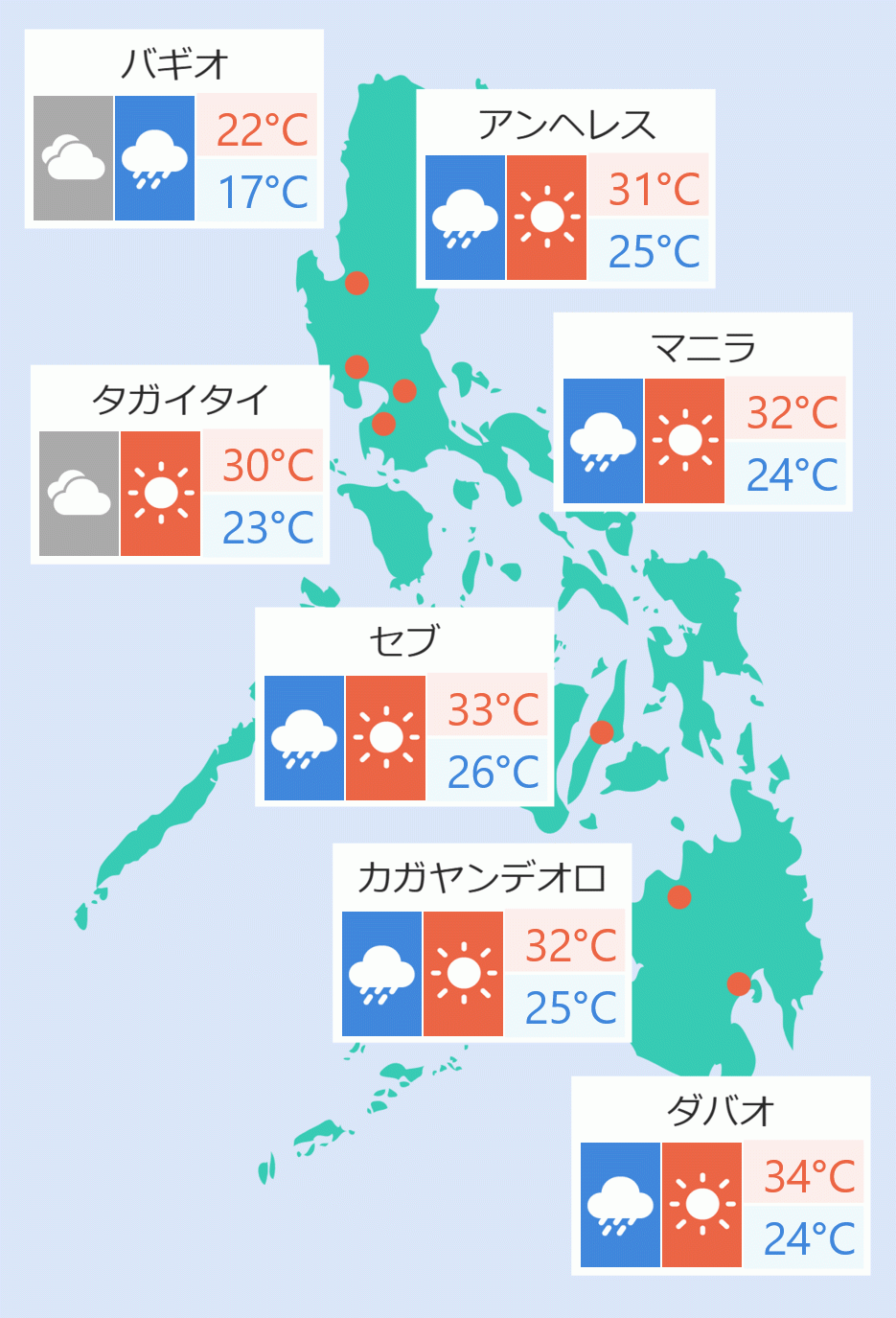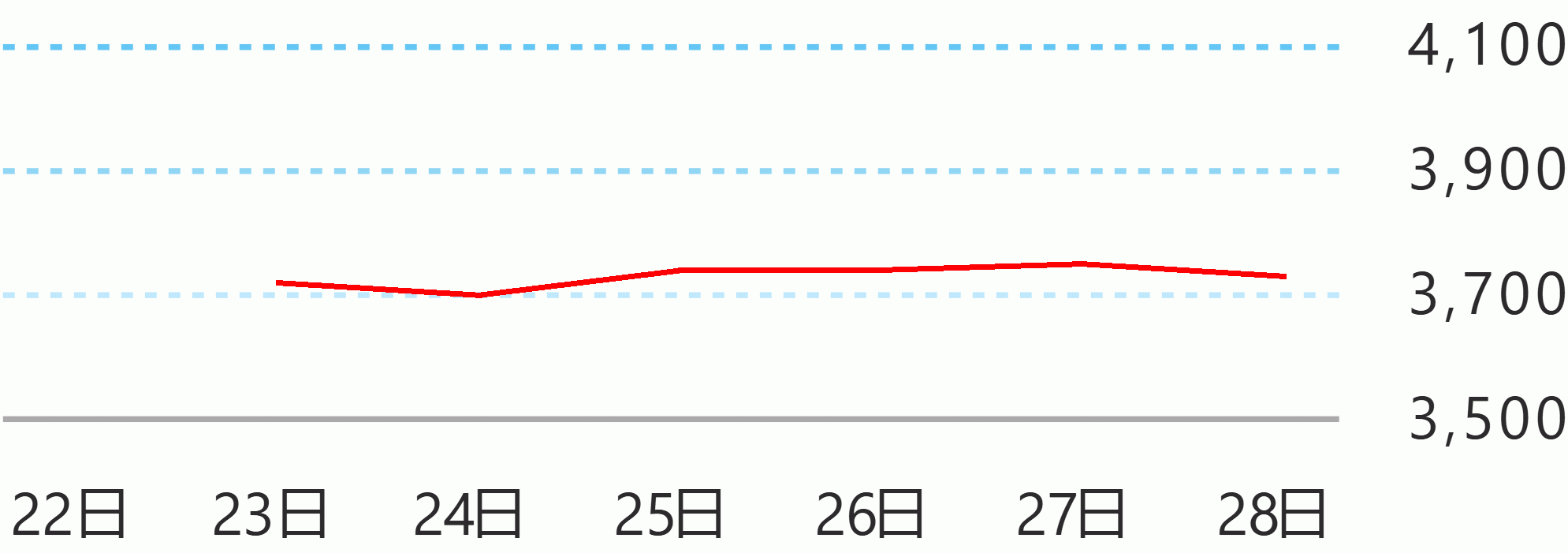The Chinese Sinopharm vaccines against coronavirus disease that were injected to some members of President Rodrigo Duterte's security aides were "tokens" and would not constitute a violation of the Anti-Graft and Corrupt Practices Act, Malacanang said on Tuesday.
In a televised press briefing, Presidential Spokesperson Harry Roque, quoting the Presidential Security Group leadership, said they just wanted to ensure Duterte's health, thus, some had themselves vaccinated.
"If you have problem of not wanting to protect the health of the President, we respect your opinion. But as far as the PSG is concerned, and I fully support the decision of the PSG, they will do anything and everything to protect the health of the President," he said.
He added that the Sinopharm vaccines were donation and the government did not spend public fund for the drugs inoculated to PSG members.
Asked if receiving vaccines could be a violation of the Republic Act No. 3019 or the Anti-Graft Practices Act, which prohibits government personnel from accepting gifts or donations from private persons or groups, Roque, who is a lawyer, said, "It's not absolute. The tokens are allowed, especially during Christmas time."
"I don't think it's of much value anyway," he added.
He also assured that the budget for the procurement of vaccines for the Filipinos, especially the poor, is still intact.
Roque also discounted the possibility of an emergence of black market for COVID-19 vaccines, which could only benefit the rich and powerful and leave behind the poor following the inoculation of some soldiers.
"There are no rich and powerful who got the vaccines, only the PSG," he said, stressing that the critics were just making it an issue against the administration. Celerina Monte/DMS




 English
English









